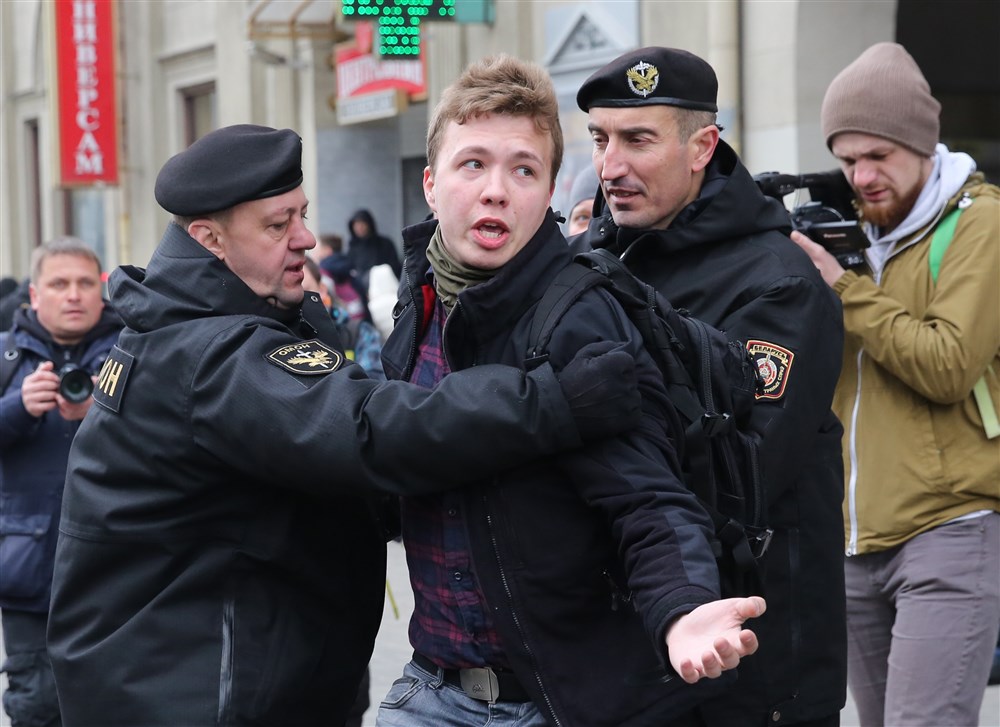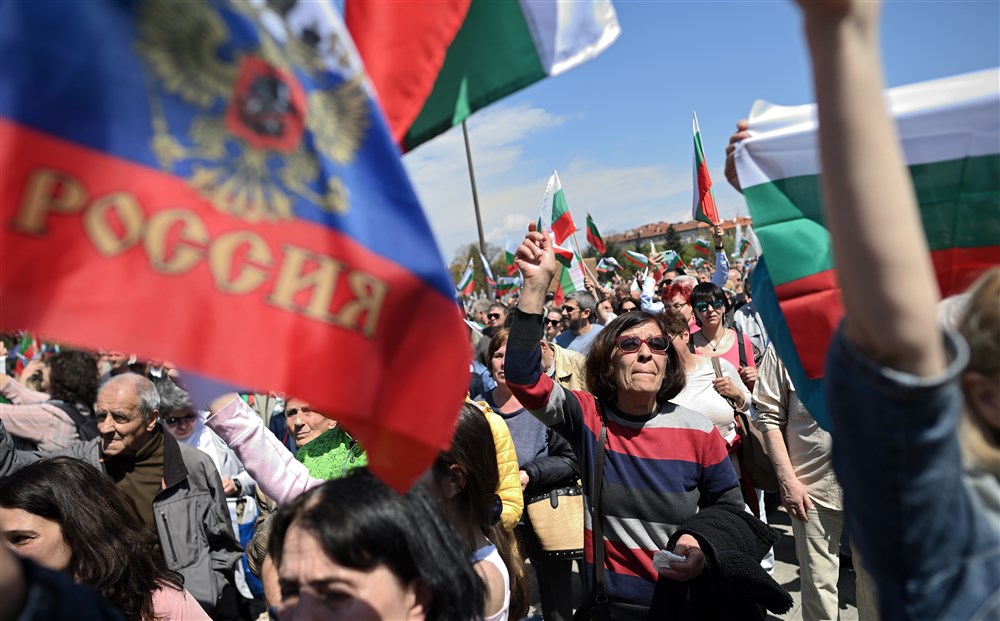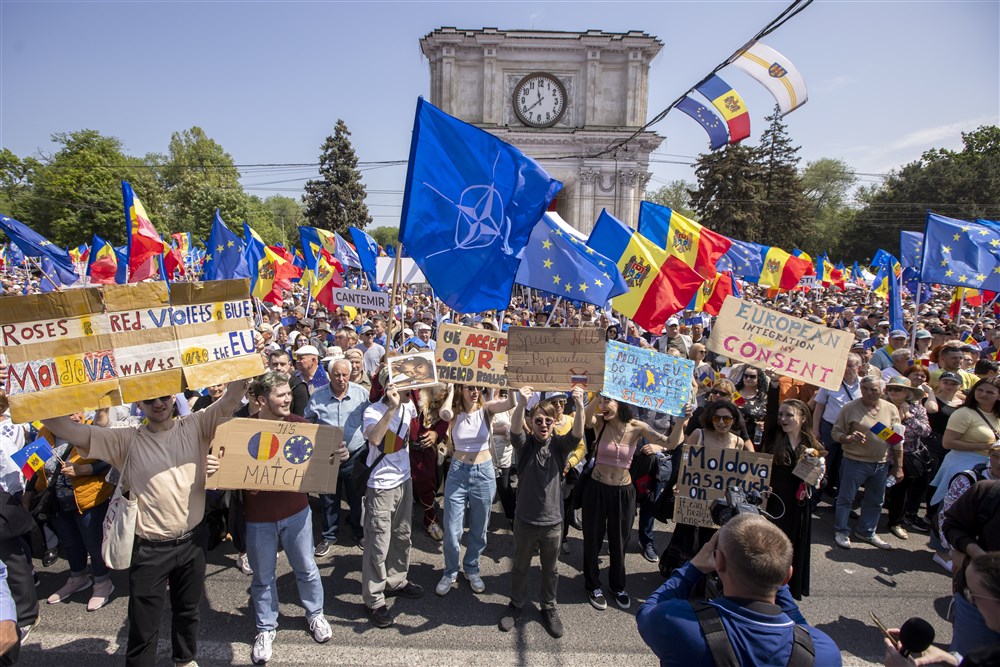Euro MPs are questioning the compatibility of the EU’s ammunition production drive with the EU’s peace mission.
To what extent is the EU’s three-step ammunition plan aligned with the EU’s original goal of maintaining peace on the Continent? This is a question that has been raised by two MEPs.
Increasing the production of weapons could lead to a more drawn-out conflict, hindering its resolution, they say. Bolstering ammunition manufacturing could be incompatible with the neutrality of certain countries.
“To what extent are these plans compatible with the neutrality of some Member States, such as Austria?” asked MEPs Harald Vilimsky and Georg Mayer, who sit with the Identity and Democracy group in the assembly. “Does the Commission anticipate that the EU will be needing the ammunition for itself or is the ammunition to be purchased and manufactured only to support wars in other countries?”
In his newly published reply, Josep Borrell, the EU’s foreign minister, avoided answering their question. “The EU remains committed to providing political and military support to Ukraine,” he said. “The security and defence interests of all Member States will be duly taken into account”.
In an effort to support Ukraine’s right to self-defence, and to help refill Member States’ weapons stocks, the European Union this month adopted part three of its ammunition plan, which includes joint procurement.
The plan aims to bolster the bloc’s arms production capacity in the long term. It is not specifically designed for Ukraine, though in reality this is where the arms will end up.
On the subject of the EU’s Peace Facility, which funds Ukraine directly, Hungary has said its application “risks terrifying consequences”. Hungary has blocked some EU aid, arguing that the Balkans and North Africa also needed support. This is a tactic to secure the removal of Hungarian bank OTP from Kyiv’s list of war sponsors.
A spokesman for Hungarian Prime Minister Viktor Orban said earlier this month that the European Peace Facility “marks a significant break from [the EU’s] previous objectives, as it now directly supports one side in the conflict, undermining its previous emphasis on maintaining peace within its territory.”
He continued: “This is terrifying, as the European Union, created for common interests and peace in Europe, is consistently increasing the chances of Europe drifting to the brink of war.”





